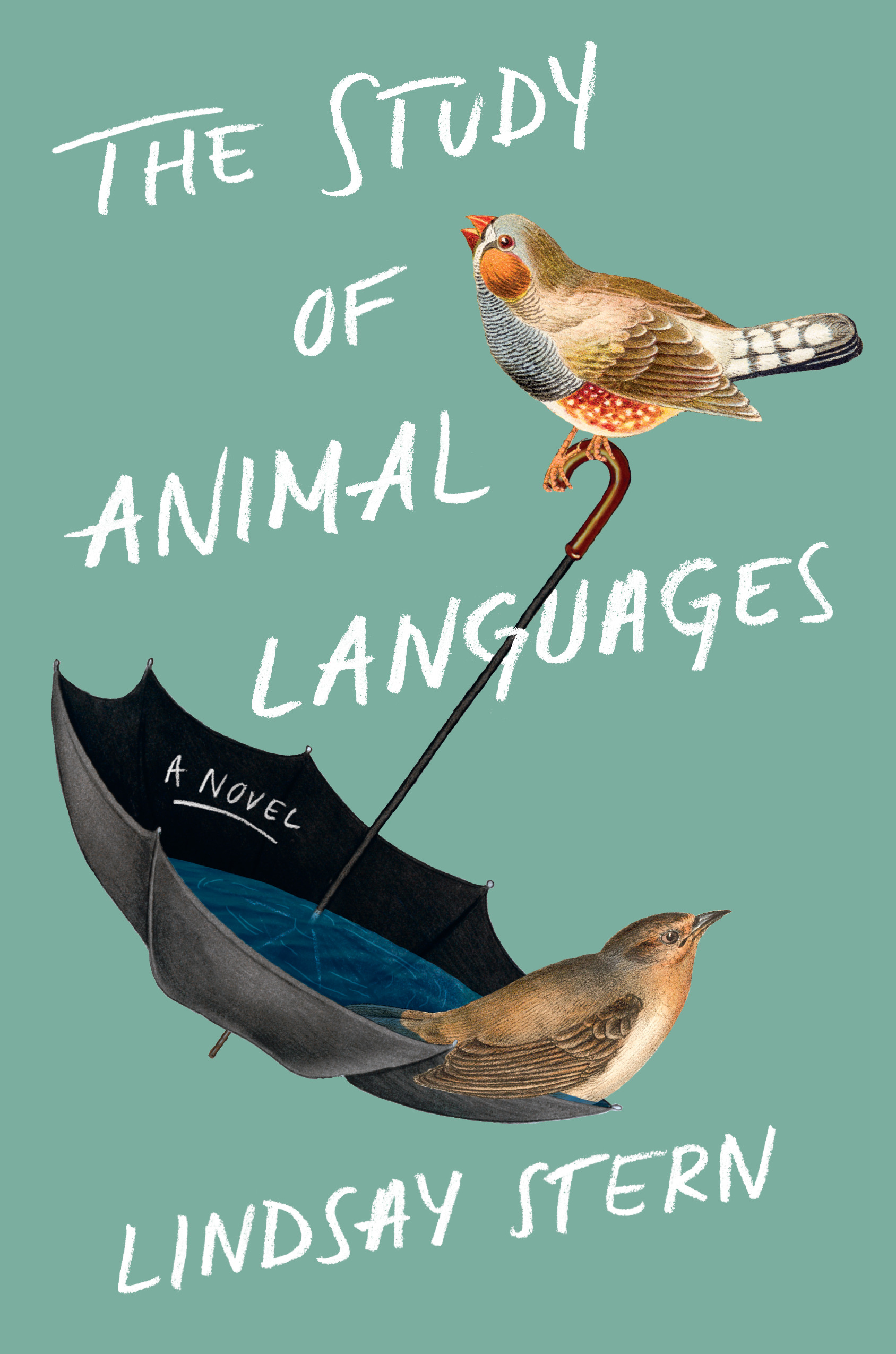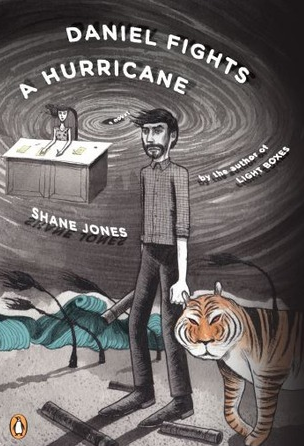For Amherst College’s fourth annual LitFest, The Common put together a Literary Landmarks tour of Amherst College, highlighting locations on campus with special connections to literary figures affiliated with the college, from Robert Frost to Lauren Groff. Building on that effort, we’ve compiled these highlights from The Common that were written either by or about Amherst professors, alums, and even current students.
The Poet in Rome: Richard Wilbur in Postwar Italy by Robert Bagg
Richard Wilbur graduated from Amherst College in 1942, and returned to Amherst to teach towards the end of his life, from 2008 to 2014.
“Richard Wilbur first visited Rome with the American Fifth Army that liberated the city, just behind the fleeing Germans, on 5 June 1944. By 10:00 p.m., his division, the 36th Texans, in trucks, in jeeps, and on mobile artillery, followed the tanks of the First Armored Division into the southern outskirts of Rome, where it paused, expecting to camp and rest within Cinecittà—then, as now, the sprawling center of Italy’s movie industry. Ever the explorer, Wilbur wandered into an abandoned viewing room and found, already loaded into an editing machine, a costume drama set in the Roman Empire. He turned the hand crank and watched a Fascist version of ancient history until his disgust overcame his curiosity.”





